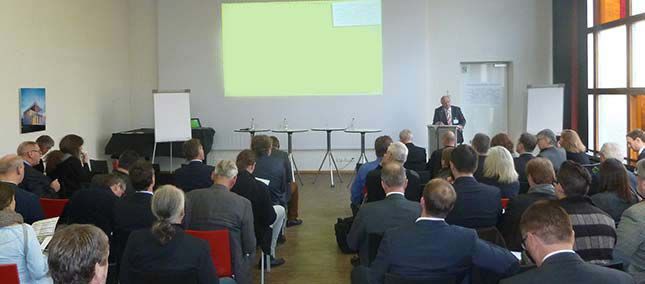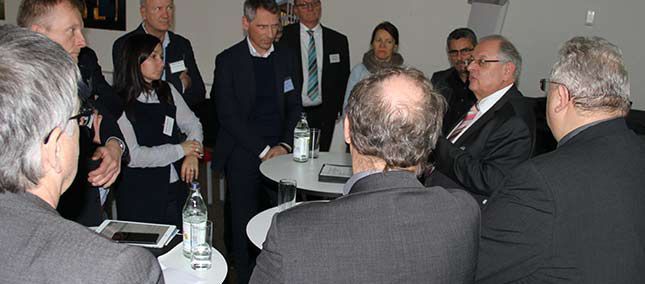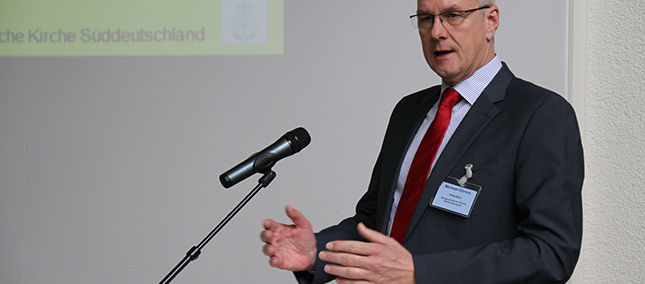
Creating a place of refuge and security—for the one it means an earthquake resistant shelter, for someone else a place to worship. Both construction projects require planning, prayer, and energy.
Shelters save lives
Again many people in Haiti have not only lost their homes but everything that their livelihood was based on. Two months ago, Hurricane Matthew slammed into the Caribbean islands leaving devastation in its wake also in Haiti. Some 1.4 million people are in desperate need of help, NAK-Humanitas writes, the aid organization of the New Apostolic Church Switzerland, which has been looking after the New Apostolic Christians in this region for years.
The devastation is widespread. Even weeks after the hurricane, the infrastructure in large parts of the country has not been restored. There is a lack of the most basic essentials. The Swiss Red Cross has responded and is in the country, helping with relief efforts and assisting with reconstruction. NAK-Humanitas is supporting the relief efforts of the Swiss Red Cross in Haiti with 25,000 Swiss francs.
Shelters that had been put up following the earthquake in January 2010, again proved their worth when Hurricane Matthew made landfall, leaving a trail of destruction as it moved across the island with winds of up to 260 km/h. Many people fled to these shelters, and many lives were saved.
Building sustainable and practical churches
The New Apostolic Church Southern Germany extended an invitation to architects and engineers for a day of presentations and workshops by specialists in the first week of December. Eighty participants followed the invitation and came to the Fasanenhof, a conference centre near Stuttgart, which is run by the New Apostolic Church Southern Germany. In addition to experts from the Church’s own building division, there were a number of guest speakers from other denominations. Among them was the head of construction and properties of the Catholic Church in Stuttgart, Alexander Schmidt; the director of the building division of the Evangelical-Lutheran Church in Bavaria, Harald Hein; and the director of the building division of the archdiocese of Freiburg. The latter, among other things, gave the closing presentation on the subject: “The challenge of sacredness and what makes a space a sacred space”.
In his opening address, District Apostle Michael Ehrich stressed that the happiness of the members in their church is very important for him. Therefore, in addition to the specifications of the developer, considerations such as a practical design and low maintenance need to be considered as well. After all, the church buildings and the properties are maintained by members on a voluntary basis.
The District Apostle also made clear that it is important that “the faithful have a sanctified place where they can worship God, a place dedicated to the revelation of the Holy Spirit, where God’s word is proclaimed, and the sacraments are dispensed”. This makes the church a place where people can practise their faith and experience fellowship in the congregation. He went on to say that the building of churches sends a strong signal of faith and that it contradicts the spirit of the time in a secular society that is turning away from the Christian faith.




















